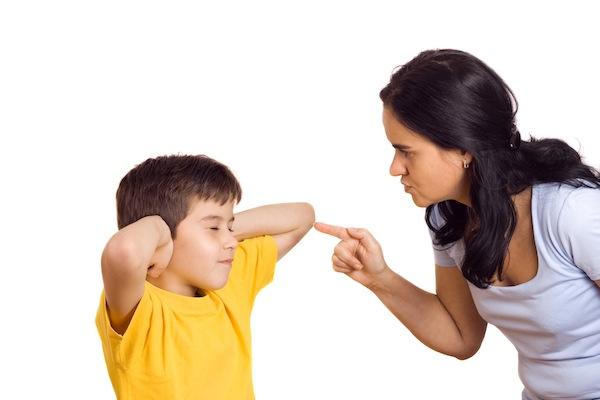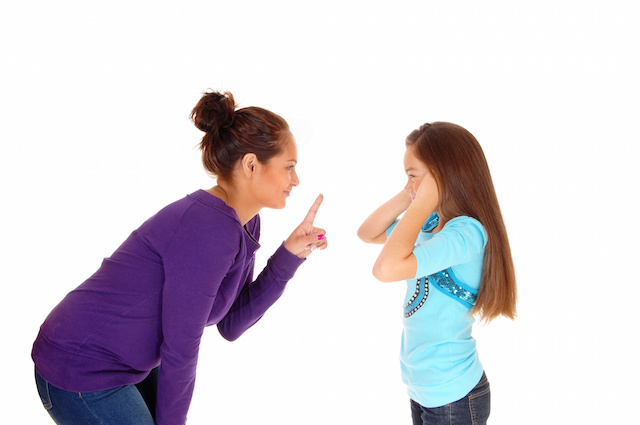Every parent wants his children to be educated, behave well and respect other people. But these goals aren’t always easy to achieve.
Discipline is the process of teaching your child to obey rules or a code of behaviour. Discipline may involve both punishment and rewards. It may seem a simple mission at first glance.
Before talking about ways to discipline your children, let’s take a look at the barriers of good behaviour and styles of parenting.
There are two main types of children:
– those who are disrespectful and don’t listen;
– those who do listen, but deliberately disobey your rules.
According to specialists there are three styles of parenting:
– authoritative – it is the most effective form of parenting. It combines in a very balanced way authority and flexibility when dealing with behavioural challenges. This type of parent is very affectionate toward his/her child.
– authoritarin – it is less effective. This parent although has clear expectations and consequences, he shows little affection toward his/her child.
– permissive – it is a less effective form of parenting. The parent shows lots of affection, but provides little discipline.
When you choose different discipline techniques you have to take into account your child’s type of behaviour, his temperament, age and your parenting style.
Let’s take a look at some discipline techniques you may choose.
Reward good behaviour
This is one of the best methods to encourage your child to continue when he/she’s doing something good. Try to compliment your child when he/she has a good behaviour.
Natural consequences
When your child does something wrong she or he will experience the result of that behaviour. This happens for example if a child deliberately breaks a toy, he or she no longer has that toy to play with.
Logical consequences
You have to describe to your child what consequences will be for bad behaviour. For example, if he doesn’t pick up his toys, he can’t play with them for a period.
Taking away privileges
When your child has a bad behaviour, you can take away from him something he values (like television privileges for the evening).
Time outs
You should have a time-out location, quiet and boring. This discipline technique works with child for whom the separation from the parent is truly seen as a deprivation.
Corporal punishment and spanking is not recommended because your child can become more aggressive, you can harm him or he may begin to think that it’s OK to physically hurt someone you love.
Tips for maintaining discipline
Your discipline technique has to fit well your child’s temperament – you have to understand your child temperament and your aim should not be to turn him into someone he is not.
Communicate your discipline plan – if your child is old enough to understand, you should let him know your technique, why you are using it and what you want to accomplish.
Respect your child – if you respect your child he will respect you and other persons too. You know what they say, “Behave the way you want others to behave”.
Be consistent – don’t break your discipline techniques.
Understand what is appropriate for your child’s development – make sure that your child is able to accomplish your demands.
Try to understand “why” – try to understand why bad behaviour occurs and then search for solutions.
What discipline technique do you use with your child? Does it work well?





I always reward my daughter when she does something good and this method works very well.
I hate when I see other parents use corporal punishment. I just can’t understand how they can harm their own children.
Thanks for the tips! I have a very difficult and complicated kid. I hope your advice will help me.
I always reward my little twins when they did something good.I’ve induced them the idea that when you do something good, something good will happen to you. They know that now and behave very good.